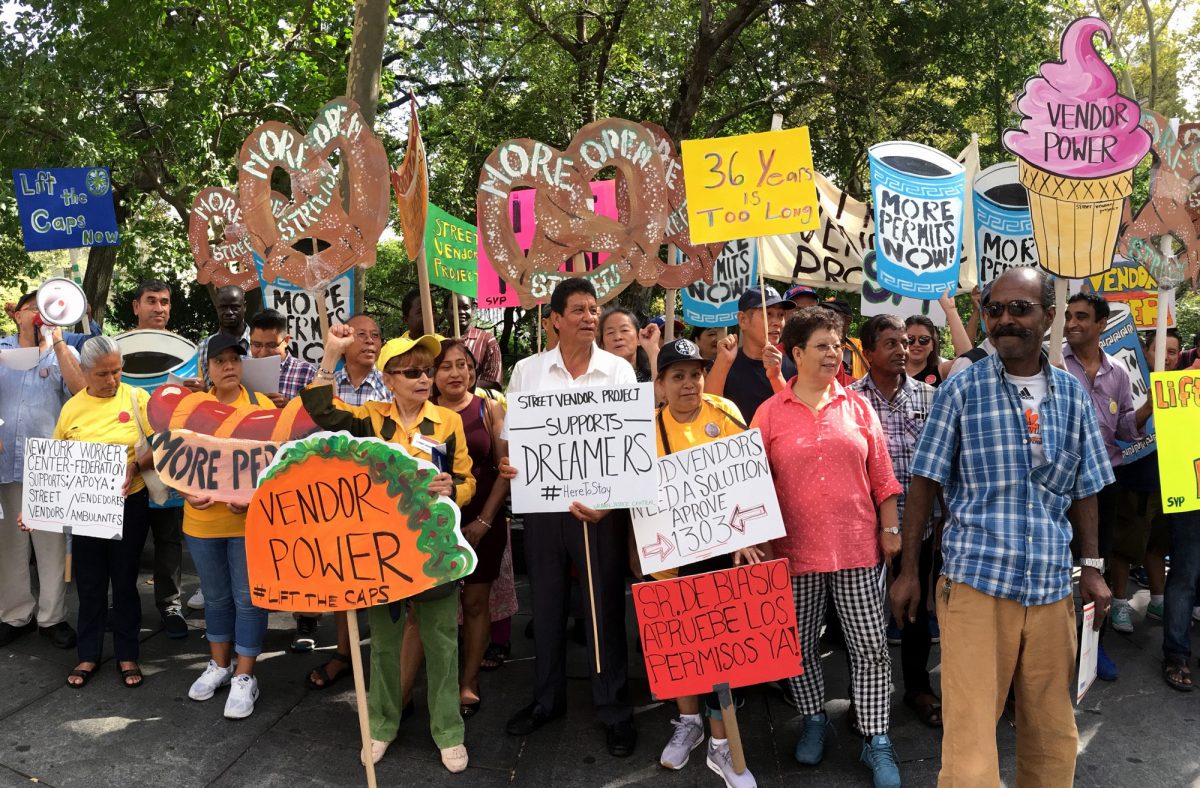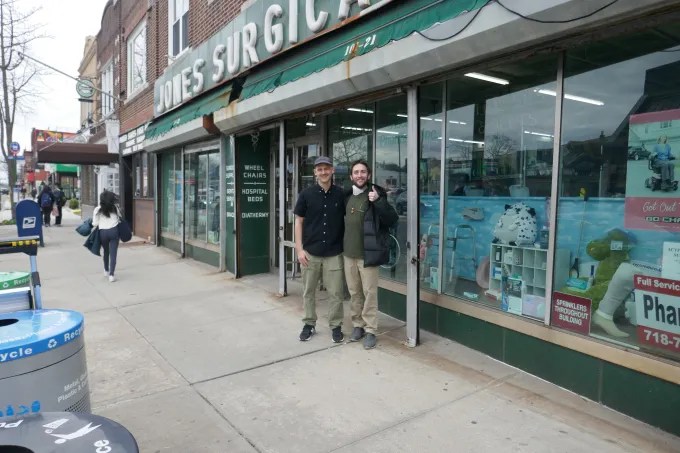
Since Donald Trump declared his candidacy for president in June 2015 with a vitriolic series of slurs about Mexican migrants, immigration along our southern border has been at the forefront of national news. This administration has hyped migrant caravans fleeing Central America and separated thousands of children from their parents, all while striving to equate those asylum-seekers with a threat to the American way of life.
Needless to say, the reality is infinitely more complex, not least because it involves real people, in many cases fleeing real violence, subjecting themselves and often their families to real dangers. Oscar Cásares new novel, “Where We Come From,” out Tuesday, is fiction, but feels like reportage at times. It is well-researched, not sensationalized and related with a dispassionate yet tender voice.
The story is set in Brownsville, Texas, whose residents coexist comfortably with those in Matamoros, Mexico, across the Rio Grande. Nina agrees to briefly shelter her maid’s Mexican daughter and granddaughter before traffickers help them rejoin the daughter’s husband already working in Fort Worth.
Nina’s gesture is exploited by the traffickers, who insist on using her guesthouse to temporarily hide more immigrants trying to enter the United States illegally. When the traffickers are arrested in a raid at a hotel after finally leaving Nina’s, a young migrant boy returns to her house seeking shelter. This situation is made more precarious by her bigoted brother’s snooping, her elderly mother’s deteriorating health and her 12-year-old godson’s summer visit.

This is a bleak story, as the lives of Nina and the two boys become increasingly entangled, though Cásares’ narrative soars near the end, with moments of humane beauty. But Nina knows the sad truth. “No hay una felicidad completa,” she often tells the young migrant — there is no complete happiness.

































